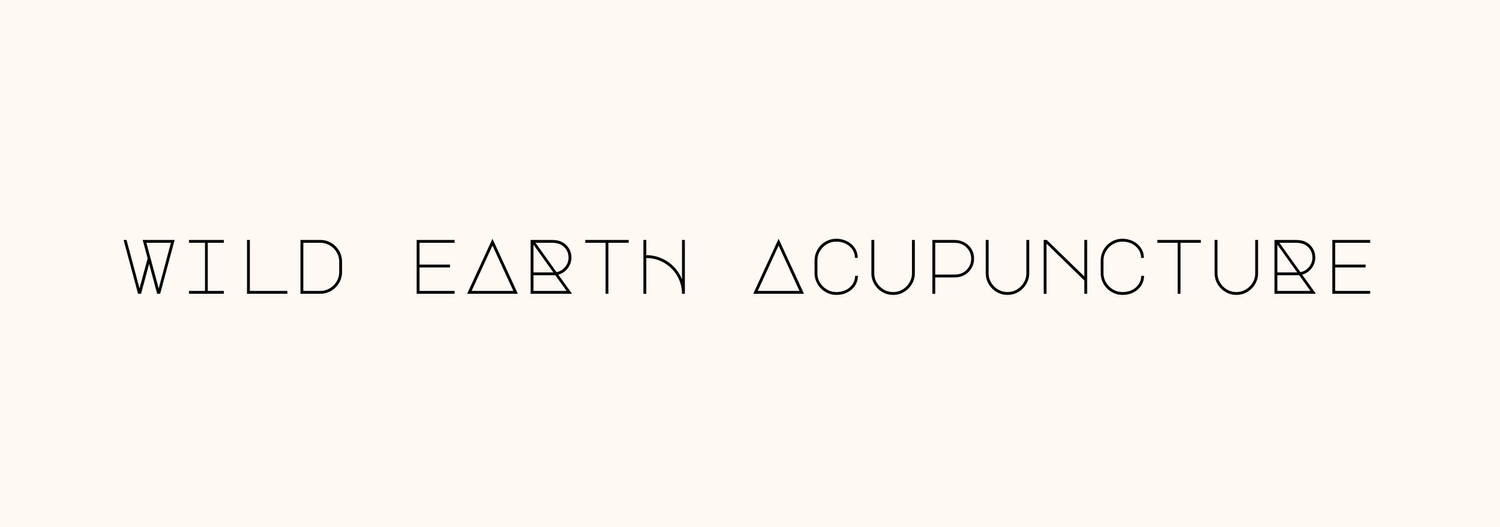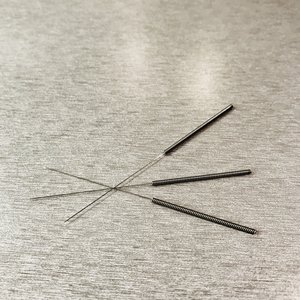Chinese Medicine Clock
Traditional Chinese Medicine Organ Clock; How to Live In Sync.
What is the Chinese Medicine Body Clock?
The Chinese Medicine Organ Clock, or Body Clock, breaks down our 24-hour day into neat 2-hour chunks of time that correspond to the Chinese Meridians and Organ Systems. There are numerous correlations between each of the organs that can take years to fully comprehend but the basis of this system is easy and relevant to our daily life. It explains how Qi moves through our body and which organ system is most active and working at its fullest potential throughout the day. It also shows when an organ system is at its weakest point or most restful state.
In Chinese medicine, the organ systems are not only the physiological chunk of tissue that comprises each vital organ but the entirety of its bio-mechanical pathways, mechanisms, and associations with nature such as emotion, taste, sense organs, season, color, and time.
It tends to resemble the circadian clock, another 24-hour cyclic diagram that explains the body’s biological mechanisms at play and internal processes that are influenced by our environment. The circadian rhythm breaks the day down into periods in which the body is influenced by hormonal changes, melatonin, cortisol, or changes in body temperature.
The Organ Systems
The Organ Systems are named after major organs within our body and each one has a meridian associated with it. One major categorization of the Organ systems is the relationship with its yin-yang pair. You will see this relationship clearly when you follow the clock through its 24-hour cycle. Each two-hour chunk of time is related to a specific Organ system and has its own set of unique characteristics in which certain functions of the body can perform at a more optimal level. Check out this article for a deeper look into Yin and Yang.
Lung (yin) —> Large Intestine (yang)
Stomach (yang) —> Spleen (yin)
Heart (yin) —> Small Intestine (yang)
Bladder (yang) —> Kidney (yin)
Pericardium (yin) —> Triple Burner (yang)
Gallbladder (yang) —> Liver (yin)
The Clock
3 am- 5 am- This is the beginning of the cycle when the Lung’s energy is at its peak. You should be asleep during this part of the cycle, soft deep rhythmic breaths will help us sleep and process emotions. The Lungs are linked with emotions such as grief.
5 am- 7 am- The body’s Qi then moves on to be the most active within our Large Intestine. The body is ready to wake up and start a fresh new day! A healthy body empties its bowels soon after waking, to have a fresh start to the day, and to rid the body of waste accumulation overnight.
7 am- 9 am- Ah yes, the Stomach, moving onto the beloved breakfast, “the most important meal of the day.” This is an ideal time to eat the biggest meal of the day as the energy of the Stomach is at its highest, making the body more efficient at digestion and absorption, optimizing digestion.
9 am- 11 am- The Spleen is a tricky organ system to comprehend when trying to make a correlation between Chinese medicine and Western thought. It can be thought of as more like the pancreas and is considered the yin pairing to the Stomach-yang energy. This is a great time of the day to get work done and exercise! The Spleen helps to convert the food you eat into brain food.
11 am- 1 pm- High noon brings the energy of the body to the Heart, the yin organ of fire. This is also when the day is at its fullest yang energy. The body is now focusing on circulating nutrients absorbed by the food to the entirety of the system.
1 pm- 3 pm- The Small Intestine helps to separate clear fluids from turbid and filter them to the Kidneys or Large Intestine for waste secretion.
3 pm- 5 pm- The time of the Bladder is often when people feel a lull in energy especially if they are not well hydrated.
5 pm- 7 pm- This is when the Kidney energy is at its highest. The kidneys are the root of all energy in the Chinese organ system. This is a great time to eat a light and healthy meal to help replenish the body’s nutrients.
7 pm- 9 pm- The time of the Pericardium, known as the protector of the Heart. This time frame is a wonderful time to do activities to nourish the heart such as socializing with loved ones, creating art and music, or going dancing.
9 pm- 11pm-The Triple Burner, also known as the San Jiao, is most active at this time. It is a great time to wind down, relax, and drift off to sleep. Gentle stretching, meditation, reading, or cuddling can help the body quiet down. This is when melatonin secretion begins within our circadian rhythm.
11 pm- 1 am- The time of the Gallbladder; it is said that when out of balance a person has trouble making decisions and has low self-esteem. A spike in energy can come at this time for many people, but it is best to use this time to go to bed.
1 am- 3 am- This is the time of the Liver and is the best time for deep sleep and dreaming. Often people with deficiencies wake during this time and experience a range of emotions.
How Can the Clock Help Me?
The Chinese clock and the circadian rhythm help to remind us that we are influenced by our environment in many ways. It reminds us when each Organ system is functioning optimally and at its highest energy. When we live in connection to the natural cycles of our body we tend more be more balanced and can love a healthier happier life!
Embracing the principles of the Chinese medicine body clock can offer valuable insights into optimizing our daily routines and promoting overall well-being. By aligning our activities with the natural rhythms of the body, we may enhance productivity, support digestion, and cultivate better sleep habits. While the body organ clock provides a holistic framework, it's essential to acknowledge individual variations and adapt these principles to our unique lifestyles. Integrating the wisdom of traditional Chinese medicine with modern health practices can empower us to make informed choices that resonate with our body's natural rhythms, ultimately fostering a harmonious balance between mind, body, and daily activities.
Help us be more in alignment with our natural rhythm
Be more aware of what Organs are functioning at their highest potential throughout the day.
Enhance productivity and optimize rest.
If you are seeing an Acupuncturist, they will most likely be referencing this clock and the theories it is based upon. The relationships shown within this clock make up the basis for diagnosing many patterns. For example, looking at the Organ System clock opposite, or neighbor can point to other ways to help ease issues within a specific organ or pain within a specific meridian.
































